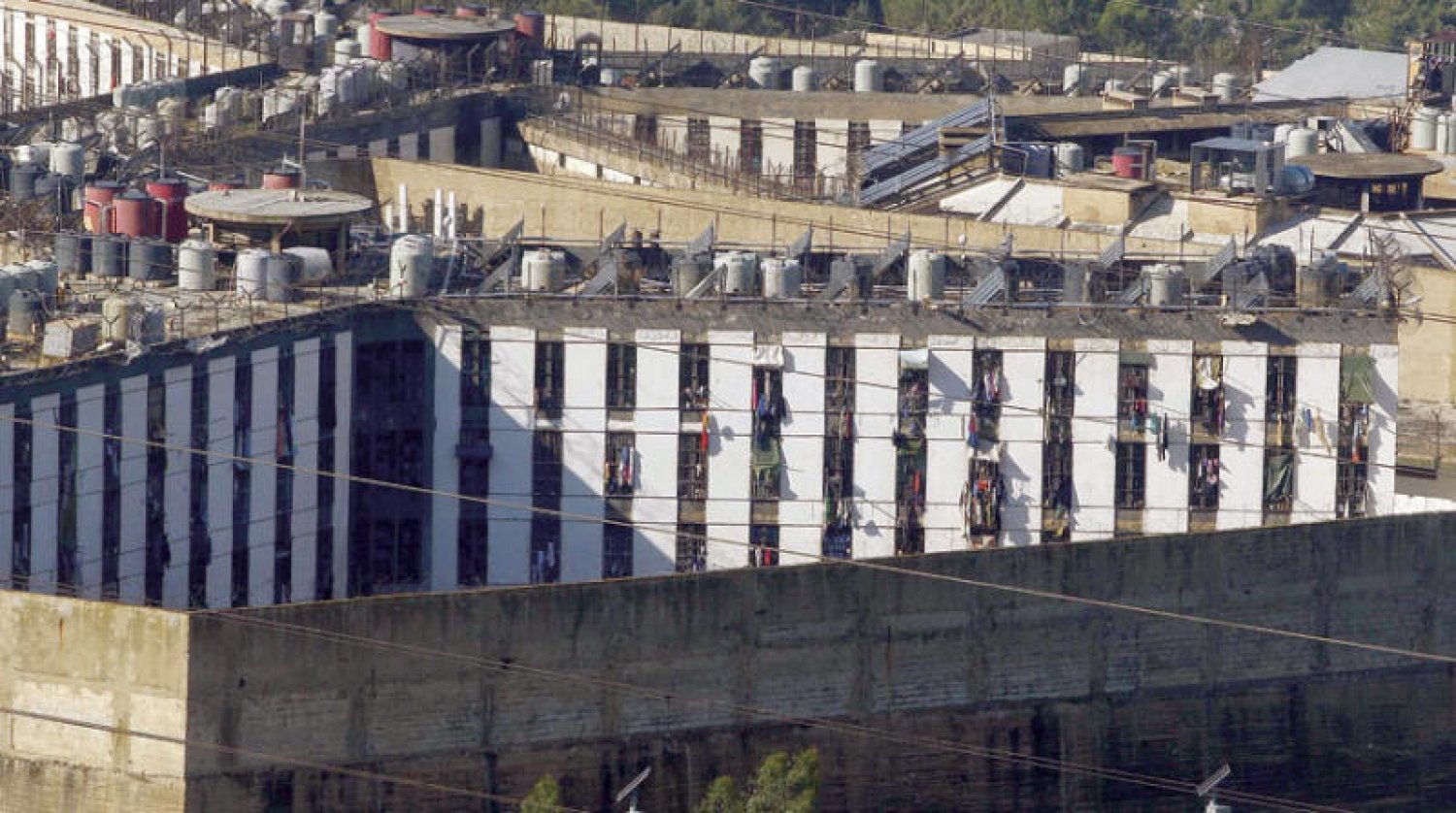Legal Obstacles Hinder Delivery of Hundreds of Syrian Prisoners from Lebanon to Damascus

A responsible source in the Lebanese prison administration revealed the stumbling of efforts to deliver hundreds of Syrian prisoners to the Syrian government, despite the completion of the joint judicial-security committee (formed by the Ministries of Interior and Justice) preparing their files for this purpose, due to legal obstacles hindering the delivery process.
The source confirmed, according to "Al-Sharq Al-Awsat" newspaper, that Lebanese law "does not allow the delivery of any detainee unless a final judicial verdict is issued against them", indicating that detainees who have not been tried, or those accused of crimes against Lebanese citizens on Lebanese territory, "are not covered by any delivery decision at the present time".
The source explained that Lebanon and Syria are bound by judicial agreements including an extradition agreement, which allows the delivery of criminals based on judicial warrants, but he pointed out the "absence of a specific agreement for delivering convicts", requiring the signing of a new agreement between the Ministries of Justice in both countries and its referral to the Lebanese Parliament for approval. If approved, around 370 Syrian prisoners serving sentences in Lebanon can be delivered.
The number of Syrian prisoners in Lebanon exceeds 2100 individuals, constituting about 30% of the total prison population, according to security estimates. Among them, 1756 are detained in central prisons, while final judgments have been issued against about 350 others. Many of them face charges related to "terrorism", "belonging to armed factions", or "attacks against Lebanese military sites".
On the other hand, a judicial source indicated that the judicial cooperation agreement between the two countries signed in 1951 is still formally valid, but its activation requires individual requests for each case, with the condition that the crime is non-political or not committed within Lebanese territory. He also noted that the joint coordination committee between the two countries "collapsed after the fall of the Assad regime", without appointing a replacement, hindering official coordination channels.
Despite the Syrian government denying any intention to take escalatory measures (such as closing border crossings) due to the stumbling of the delivery file, the issue remains a potential source of tension between the two countries. Meanwhile, Lebanese Foreign Minister Gebran Bassil denied receiving any official notification from Damascus about an expected visit by its Foreign Minister, Asaad Al-Sharaa, or any diplomatic note regarding escalation from Syrian President Bashar al-Assad.
Bassil had proposed simplifying the procedures by preparing a detailed list of the detainees' names and the charges against them, and sorting out those who meet the delivery conditions, but this proposal "has not been implemented so far".
The delivery process faces complexities beyond the legal framework, as delivering detainees formerly affiliated with the "Free Syrian Army" or accused of attacks against the Lebanese army raises political and security sensitivities. Lebanese authorities fear violating the legal guarantees of detainees, keeping the file in a state of deadlock.
While resolving this issue is an important step to alleviate prison overcrowding and improve judicial relations between the two countries, progress remains dependent on clear political will, amid the absence of effective coordination mechanisms and divergent positions on the fate of the detainees.